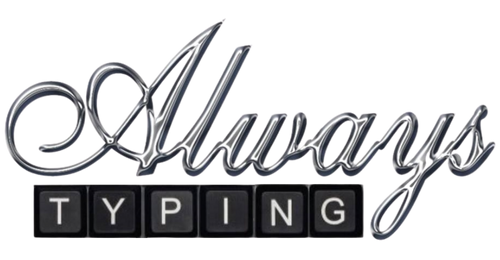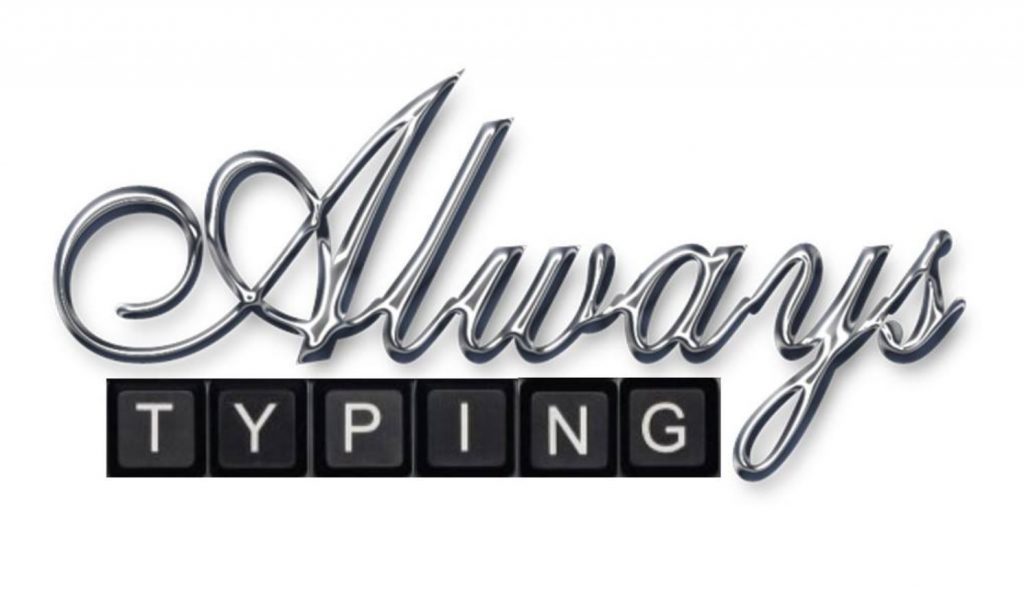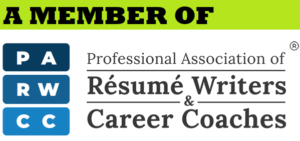How to Get a Hiring Manager’s Attention with a Letter of Interest
Almost everyone, at some point in their career, will have a goal to work at a particular company. Maybe it’s less than a goal and more like a dream. Either way, there’s a company that you’d love to work for, but they never seem to be hiring. How do you get your foot in the…









